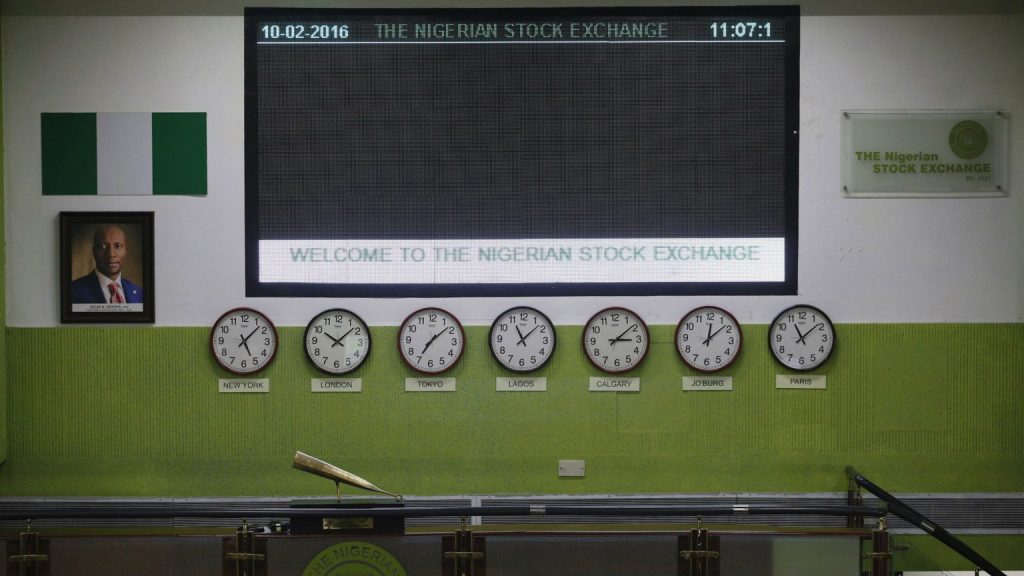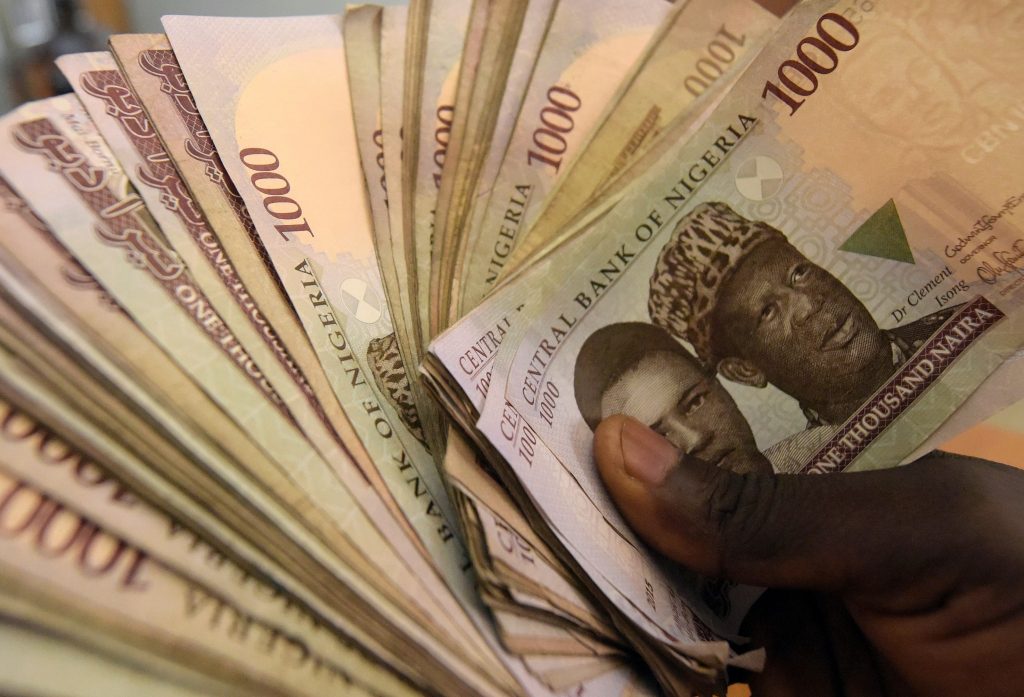The International Monetary Fund (IMF) expects the Nigerian economy to recede by 3.4 percent this year, its worst recession in three decades, after which Africa’s biggest economy will see a 2.4 percent growth in 2021. Meanwhile, sub-Saharan Africa is forecast to contract by -1.6 percent but will have a growth of 4.1 percent next year.
The contraction comes amid a general slide in the global economy caused by the coronavirus pandemic, which is inflicting high and rising human costs worldwide, and the necessary protection measures are severely impacting economic activity. Global growth is projected to contract sharply by 3 percent in 2020, much worse than the recession seen during the financial crisis of 2008/2009, the Fund said in its latest World Economic Outlook report. More details here.
Below is the Ventures Africa Weekly Economic Index, for the week ending 17th of April 2020. This economic index gives you a glimpse into other recent activities in Nigeria’s economy as well as changes and prices that could affect the economy:
Nigerian Stock Exchange

Data released by the Nigerian Stock Exchange (NSE) as of April 17, 2020, showed that the NSE All-Share Index and Market Capitalization both appreciated by 7.19 percent to close the week at 22,921.59 and N11.946 trillion respectively. All other indices finished higher with the exception of NSE ASeM which closed flat.
Top price gainers and decliners in the week under review:
Top five price gainers
Nigerian Breweries Plc.
Conoil Plc.
Champion Breweries Plc.
May & Baker Nigeria Plc.
Nestle Nigeria Plc.
Top five price decliners
Nigerian Aviation Handling Company Plc.
Ardova Plc.
Arbico Plc.
John Holt Plc.
Cadbury Nigeria Plc.
How did the Naira fare?

The Nigerian currency maintained its weekly gain against the dollar at the close of last week, trading at 385 Naira per dollar, a rise from the 386 per dollar recorded a week before.
How did the price of oil fare?
Brent oil price recorded a weekly decline at the close of last week. It saw out the week on the 17th of April, 2020 at $27.82 per barrel, a decrease from $34.10 a week earlier. The price of oil has continued to fall even after OPEC and its allies agreed to the biggest-ever production cut to support the market amid demand destruction triggered by the coronavirus pandemic. On Sunday evening, prices plunged to a 21-year low, driven by uncertainty around storage of excess supply. WTI crude oil slid as much as 21 percent to $14.47 per barrel while Brent crude fell 4.2 percent to $26.91 per barrel.








